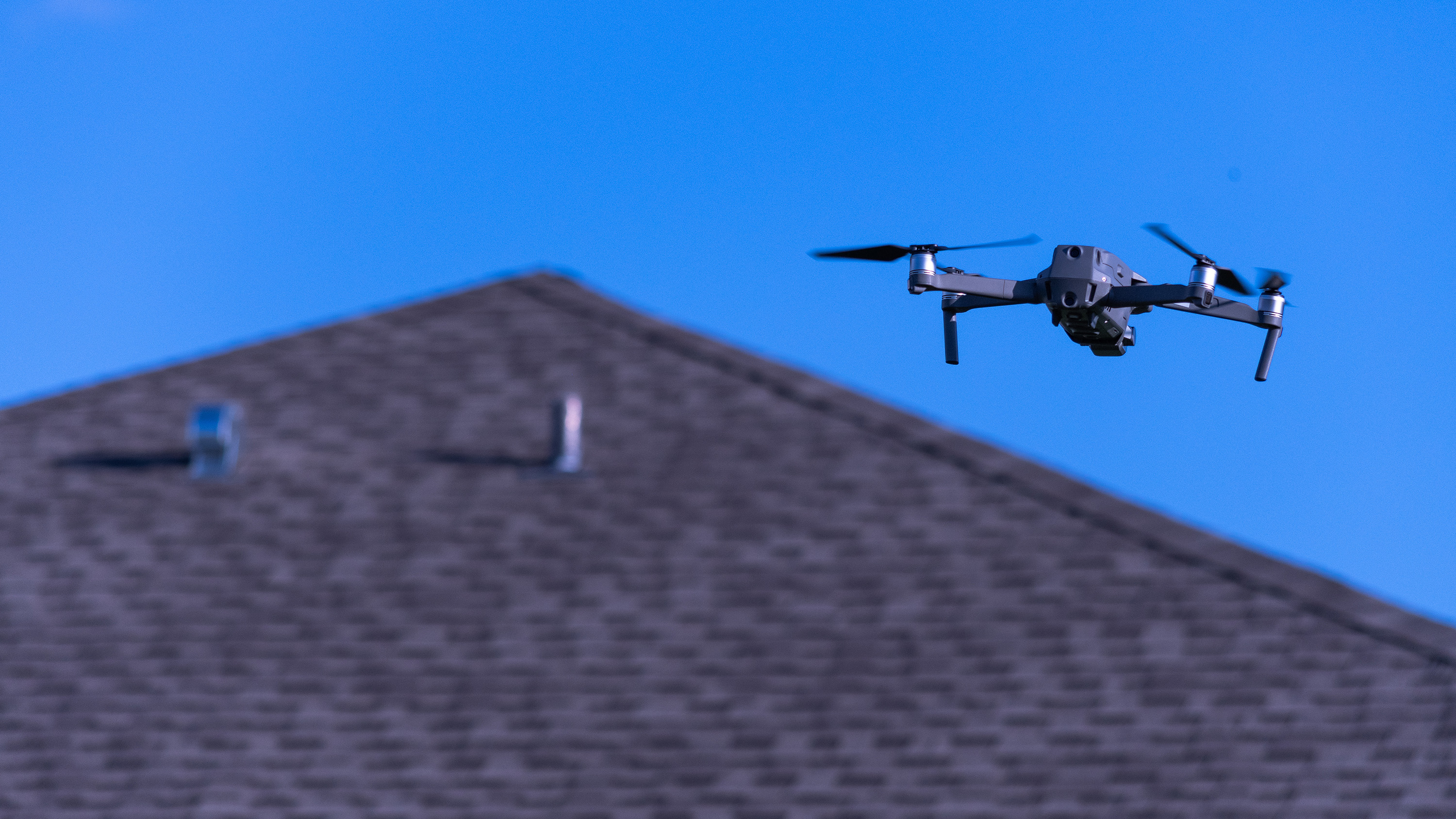Denise Maxwell: how to make your photography side-hustle a full-time job
Ahead of her talk at TPS 2022, professional photographer talks about making an income with your camera
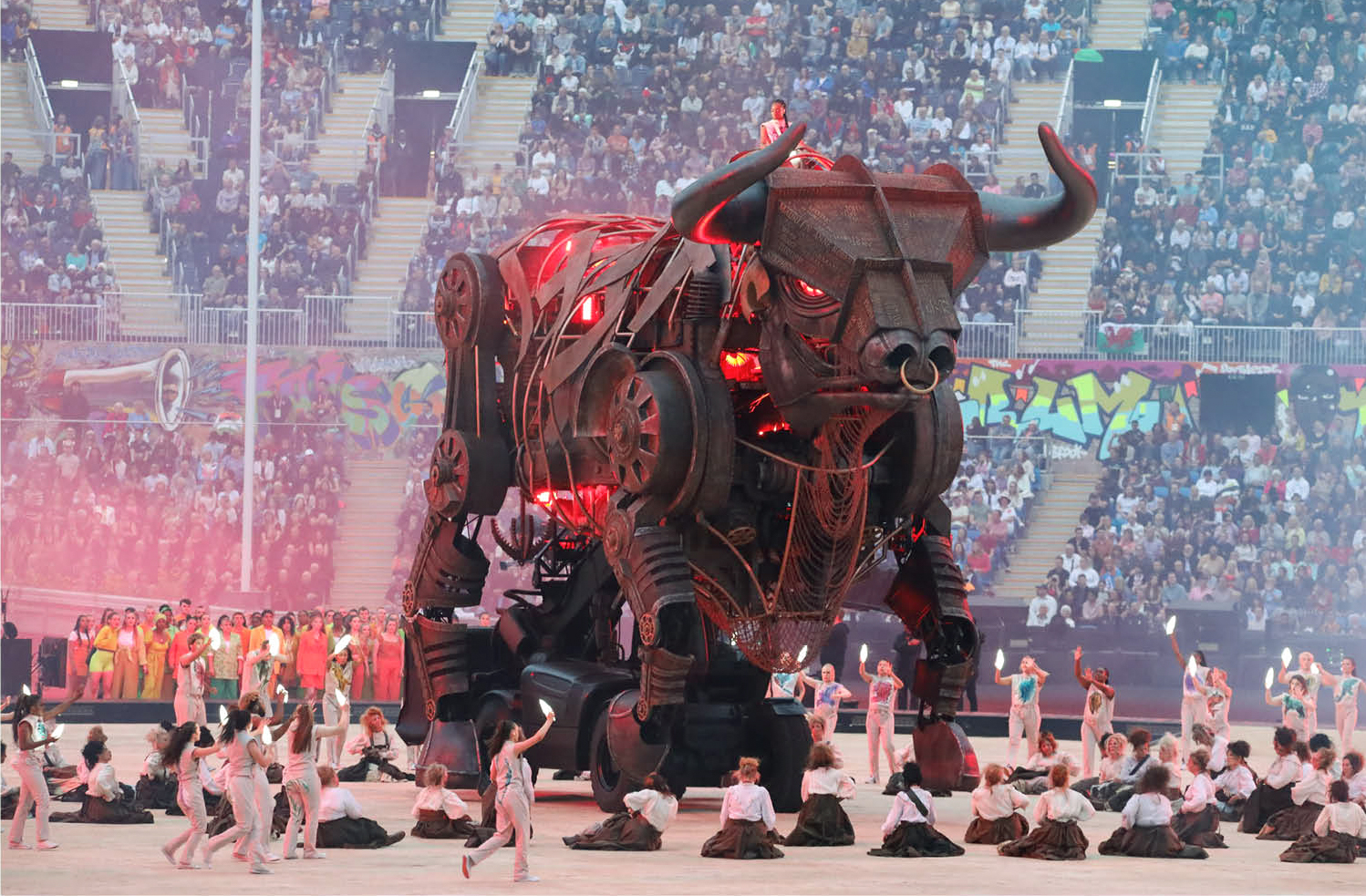
The owner and photographer at Lensi Photography since 2011, Denise turned pro after leaving a full-time job in the NHS and has photographed some of the world’s most well-known people, such as Barack Obama and Usain Bolt. Her client list includes the BBC, Starling Bank and Gumtree and she covers events including London Fashion Week and the BAFTAs, and most recently The Birmingham 2022 Commonwealth Games. Denise’s work has appeared in publications including Vogue, The Independent and The Guardian and she is part of the leadership team for UKBFTOG.
Denise shoots a range of different genres from portraits to events, from commercial to weddings, and defines her style as clean with natural editing. To see her work, check her Instagram: @lensi_photography
Speaking at The Photography Show & The Video Show 2022, Denise will deliver her ‘Money Mindset – making a full-time living from your side hustle’ talk on Saturday 17 and Sunday 18 September, starting at 10.40am on both dates.
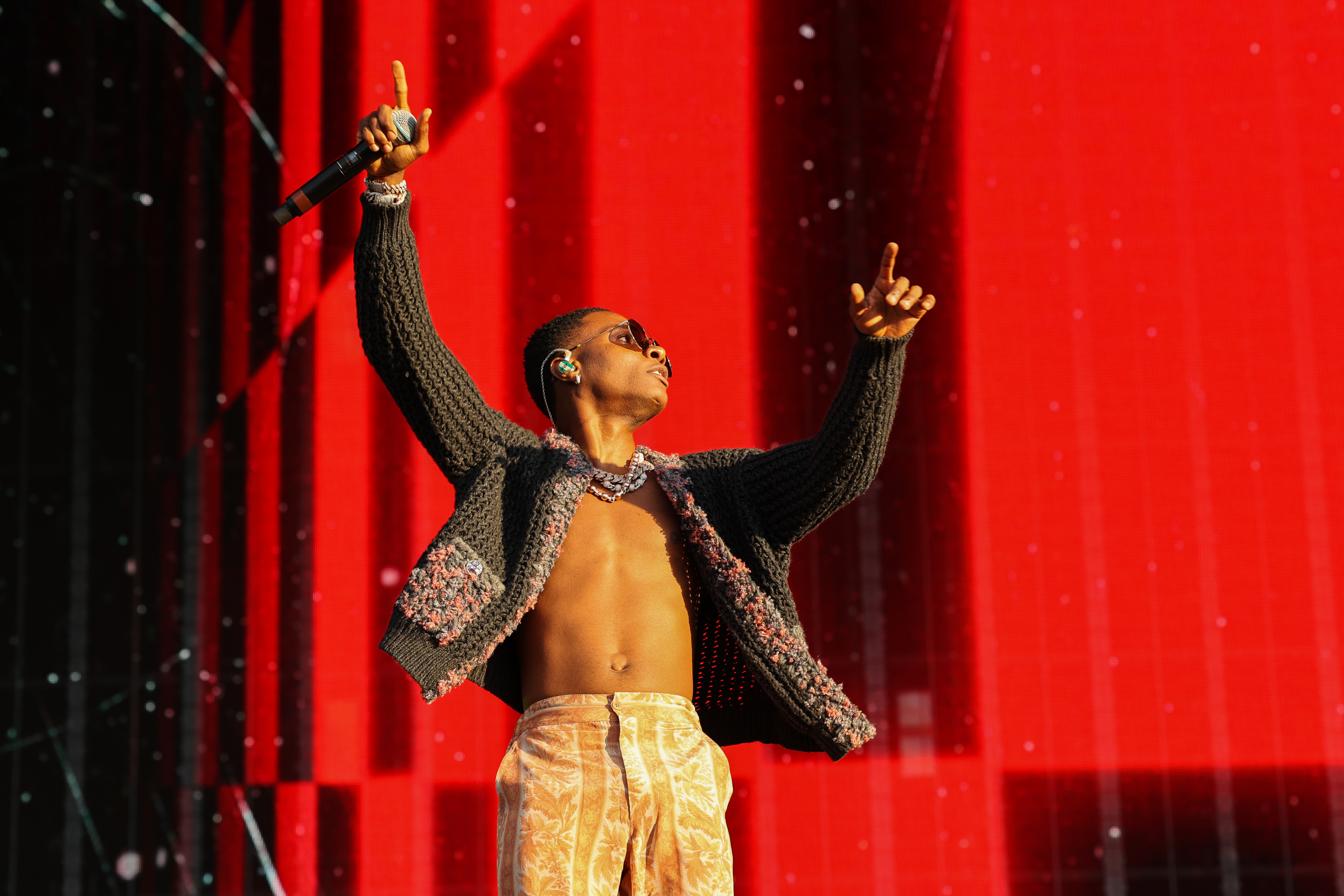
What is the first stage of going full-time?
Get your portfolio together – most of us buy things based on what we can see, not what someone tells us they can do. Build your portfolio to the point where you would actually hire yourself.
So practise, practise, practise – take your camera everywhere and build your portfolio from life. My first portfolio was made up of college assignments and every social event I attended, which then became examples to show prospective clients.
My first client came via a referral from a friend; I suspect that many first clients are people in social and family circles.
Get the Digital Camera World Newsletter
The best camera deals, reviews, product advice, and unmissable photography news, direct to your inbox!
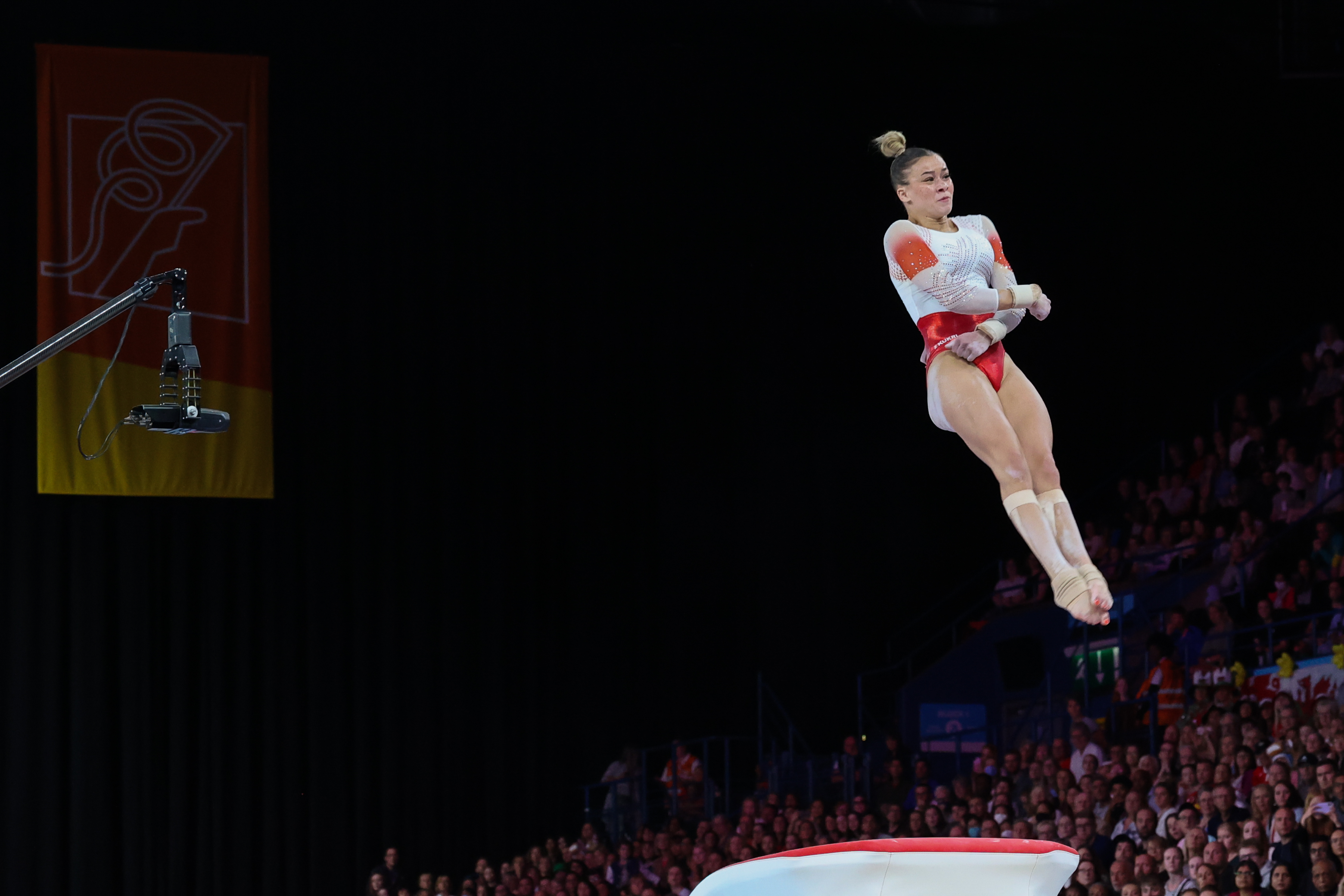
What’s more important for getting work: a carefully curated social media feed, or a slick website?
Even though I update my social media more than daily sometimes, having a good website is also important.
In my experience, big companies tend to look at websites first and then your wider social footprint – which is what most of us do when we shop online: website first, then check the socials.
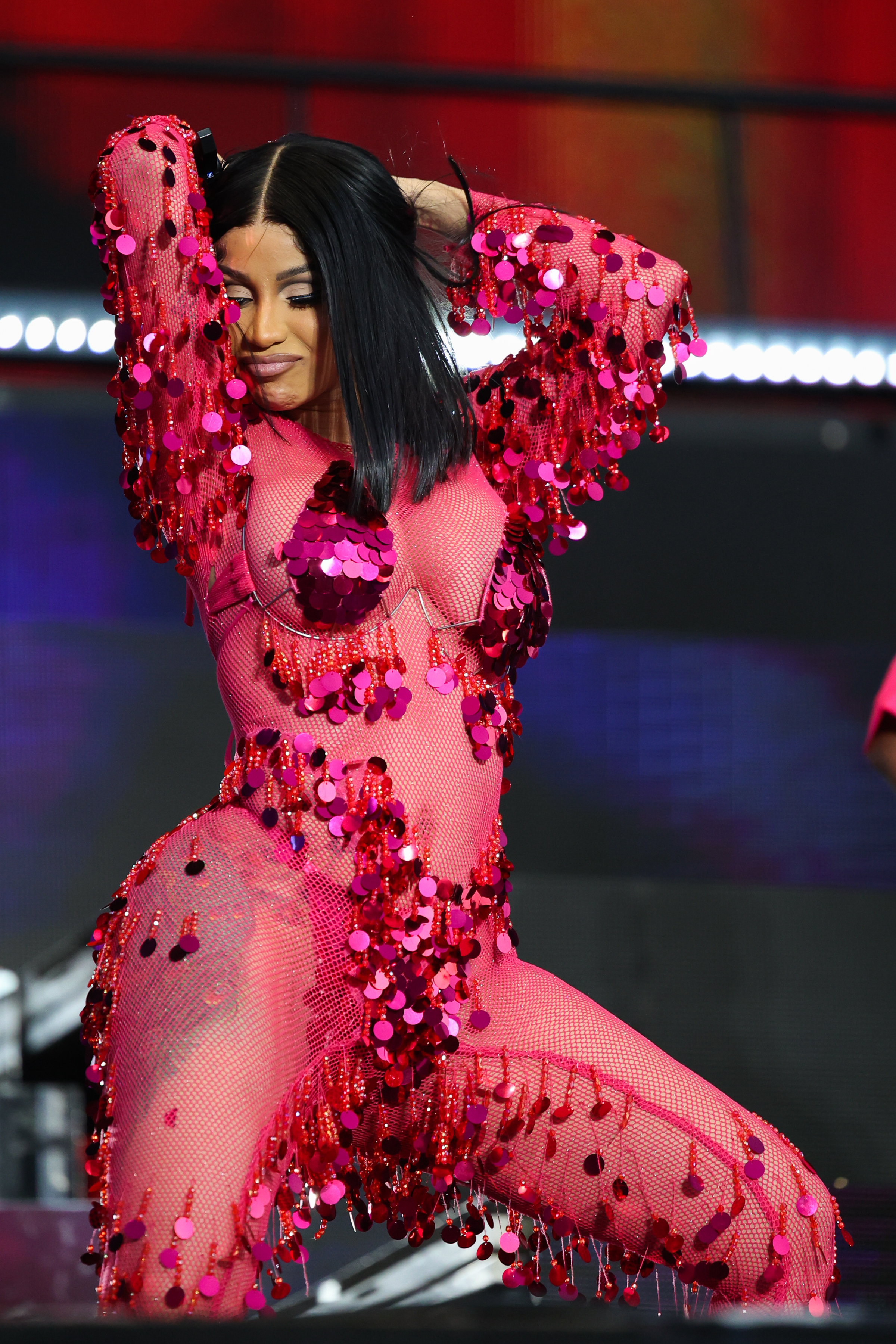
How important is pricing your work properly?
It’s vital, and if you are unsure how to do it then get help from someone else. Many photographers I know fail to become full-time not because of the quality of their work, but by underestimating the cost of doing business.
If you don’t make enough money to pay your bills and have some left over for your profit, then photography is never going to become your full-time living.
I hear things like, “I just shoot to cover my costs,” and that’s fine if you don’t want it to become your living. But if you do then just covering your costs won’t work.
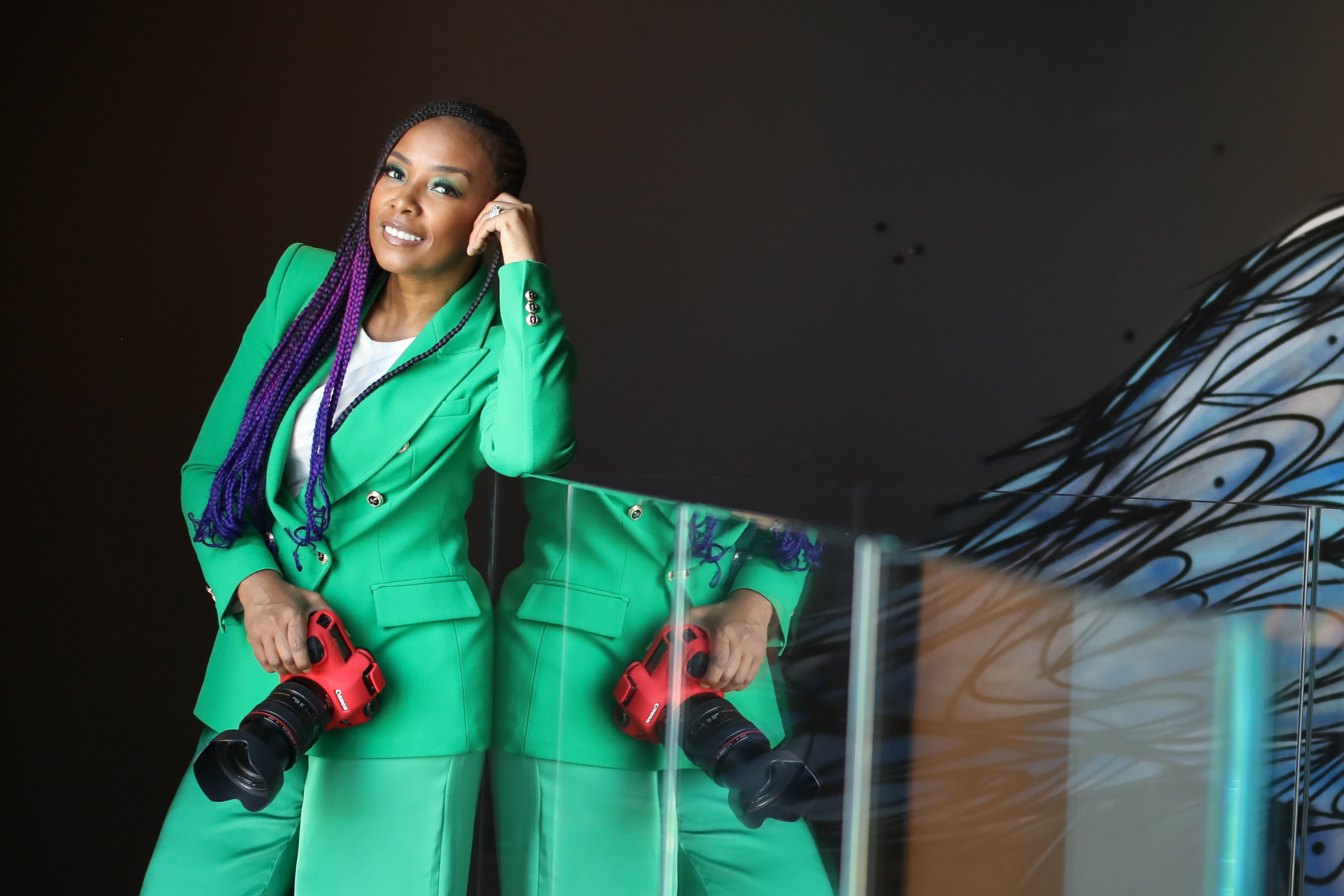
When is the best time to make the jump and go full-time?
I was forced to go full-time after losing my permanent job, so that was my turning point for going pro.
But if you get to the stage where you are having to book lots of holiday to cover jobs that have come in, or are having to turn work down, then this is a good time to switch.

Were you worried about it not working out?
Yes, absolutely! Before the point I’m at now, I had been employed all my life and like most people was used to knowing that my salary would go into my bank account on a certain day of the month.
So the thought of having to make your own income instead does become scary! When I mentor new photographers I like to show them how you need less than you think, and how even if you earn less than your take-home pay as an employed person, it often means you have more money in your pocket when you are self-employed.
Admittedly it’s easier for some people than others; I didn’t have a young family at the time, I had got my mortgage to a very manageable point and so on. Everyone has to make the decision about going full-time based on their own circumstances, but it IS doable.
See Denise’s website & Instagram: @lensi_photography
Read more:
Tickets go on sale for The Photography Show and Video Show
Super Stage line-up announced for The Photography Show 2022
The best website builders for photographers
The best professional camera
The best lenses for event photography
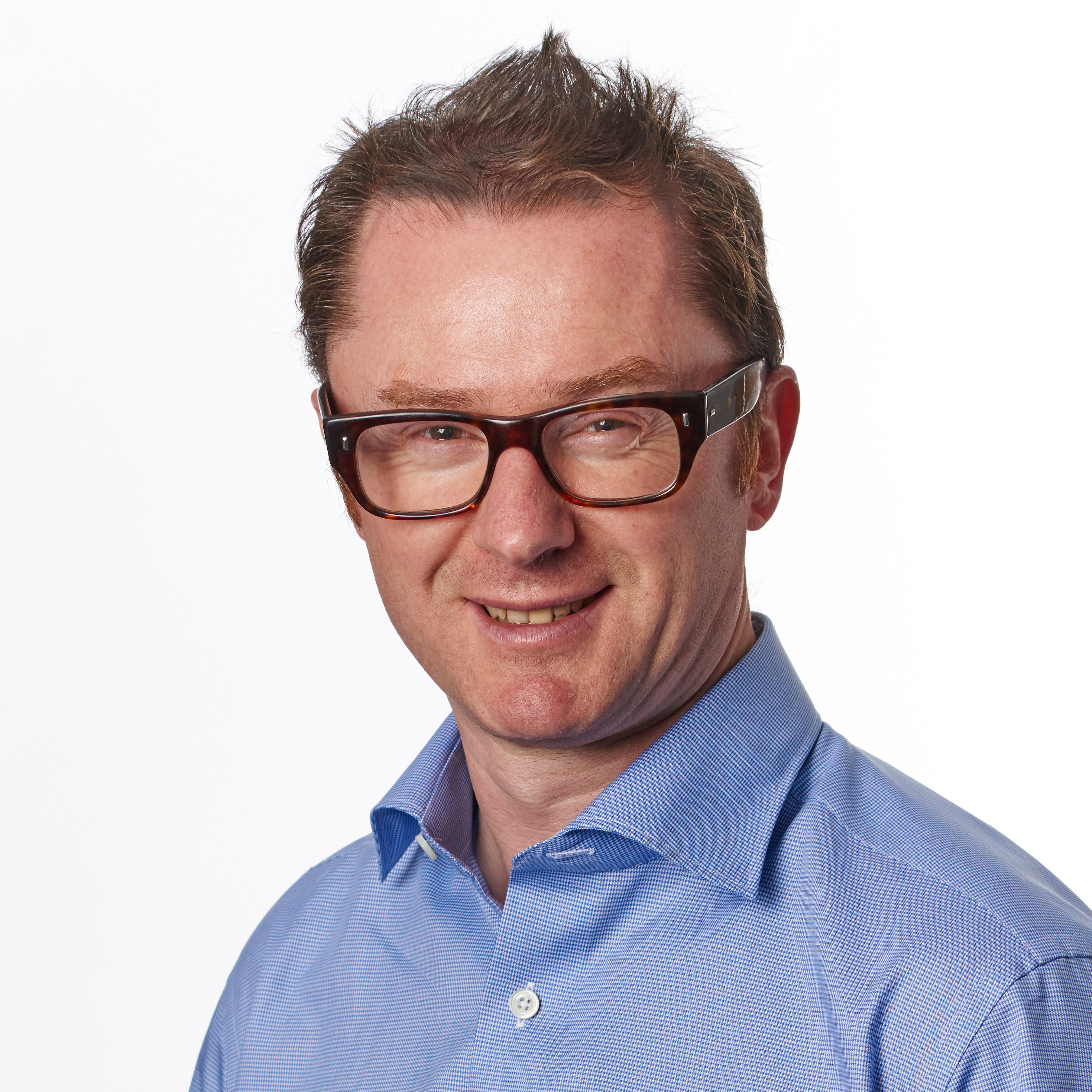
Niall is the editor of Digital Camera Magazine, and has been shooting on interchangeable lens cameras for over 20 years, and on various point-and-shoot models for years before that.
Working alongside professional photographers for many years as a jobbing journalist gave Niall the curiosity to also start working on the other side of the lens. These days his favored shooting subjects include wildlife, travel and street photography, and he also enjoys dabbling with studio still life.
On the site you will see him writing photographer profiles, asking questions for Q&As and interviews, reporting on the latest and most noteworthy photography competitions, and sharing his knowledge on website building.
